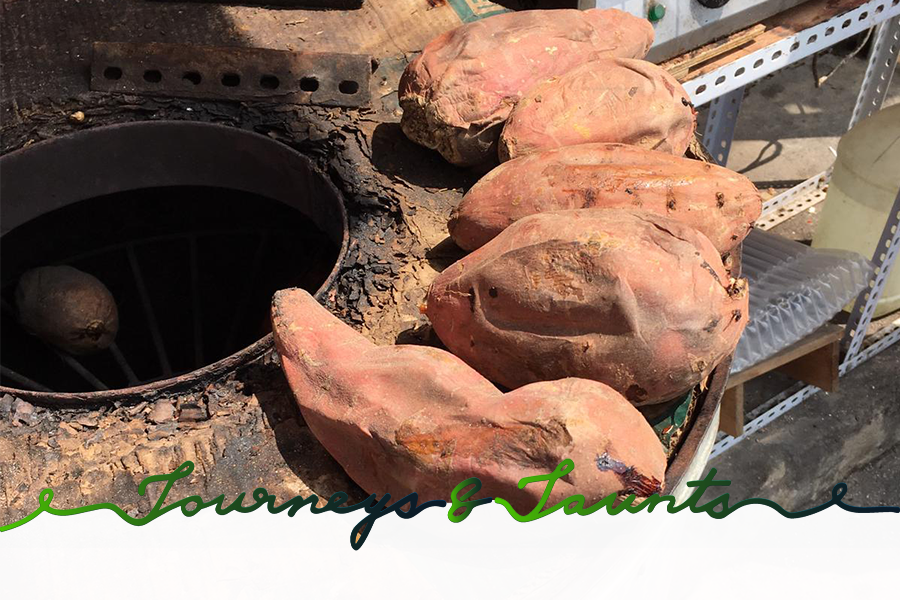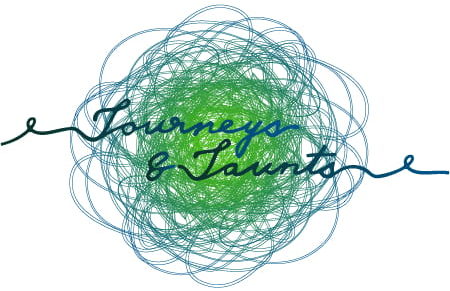Autumn has been sneaking up on us – unexpectedly as always – and even if your mind still refuses to admit that summer is coming to an end, the Chinese Lunar calendar says that it is time for the first Autumn solar term, which indicates the real beginning of Autumn. Even though the average temperature during the day is still high, with the arrival of White Dew, it drops bit by bit during the nights. White Dew (白露, Báilù) is the 15th Solar term and this year this term starts on 7th of September, when white dew can be seen on the grass and leaves in the morning.
The three pentads dividing this solar term are:
鸿雁来 (hóng yàn lái), which starts when the swans and wild geese fly from the North to the South.
玄鸟归 (xuán niǎo guī), meaning that the southward migration birds like swallows will fly to the South to stay away from cold weather.
群鸟养羞(qún niǎo yǎng xīu) starts when birds begin to stock their hoards (food for winter).
According to Chinese tradition, the season of White Dew is the best time for traveling. The days are not so hot anymore, the amount of rainfall decreases, the sky becomes clear and the air is fresh. The West and Northeast of China are especially beautiful at this time – the forest wears beautiful red-brown-yellowish colors, everything starts to smell fresh, nature calms down and comes into its balance. Also, the official ‘traveling season’ comes to its end and the prices for tours drop (as long as you are not going somewhere during the public holidays).
One of the most famous features of this period of time, which actually gave the name for this Solar Term, is the dew in the mornings due to the temperature difference between day and night. Pay attention when you go out in the early morning. You’ll be able to observe the dew on the ground and on the plants looking like glittering diamonds.

White Dew Tea is especially popular among the Chinese in autumn. This tea has survived the hot summer and is now at the best stage of its growth. White Dew Tea is different from the tea collected at any other time of the year, having a sweet refreshing taste and aroma. If you take a closer look at the tea leaves, you might see that they look like just touched by morning dew. Usually, by the end of summer, the stock of the fresh spring tea is running out, so White Dew Tea comes just in time to quench our thirst.
Besides its special tea, this solar term also has its special wine – White Dew Wine. People in Nanjing, Jiangsu, Zhejiang or other southern parts of China prepare a homemade sweet wine from cereals like polished glutinous rice and gaoliang (a specific type of sorghum) in this season.
Shandong province has its own tradition during this period – on the first day of White Dew, children get handmade wooden carts, shaped like swallows. Pushing the swallow carts while running can help the children resist coldness and improve their bodily constitution.

Of course, what would a new Solar Term be without food specialties! The White Dew season is the time when grapes become widely available. Eating grapes in autumn can help dispel one’s internal heat and expel toxins. Longan fruit around White Dew are big, sweet and taste great as well. It is said that ‘one longan is as nutritious as an egg’. Although this sounds exaggerated, longan does reinforce the spleen, nourish the blood, calm the nervous system and is supposed to improve one’s looks. Many Chinese believe that the best food during White Dew is sweet potatoes. Besides being the best vegetable against cancer, according to Chinese medicine, sweet potatoes can nourish the spleen. It can prolong life and reduce the risk of plenty of diseases.

The biggest danger for your health during this period of time is the difference between temperatures during the day and night, which can lead to a big disbalance of Yin and Yan energy in the body, and be a reason for a weakening immune system. So, to keep yourself healthy and balanced, get a cup of good tea, fresh grapes and enjoy this golden time of the year.




